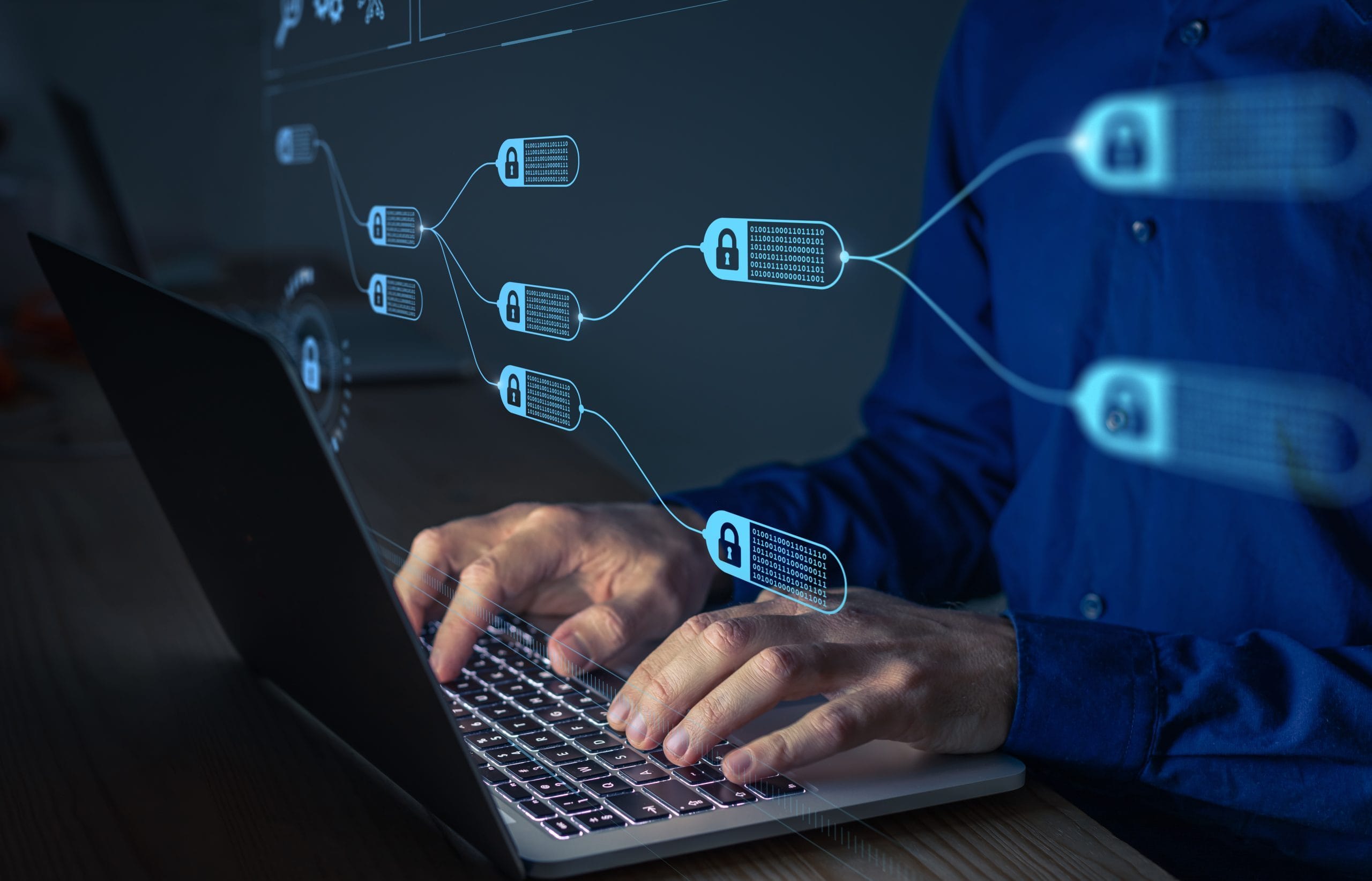Lost or Stolen Card?
If your ATM or debit card goes missing, be sure to report it immediately.
- Turn your debit card on/off anytime in the mobile app.
- Call 419-384-3221 during regular business hours.
- Call 800-472-3272 after hours.
- For credit card inquiries, call 866-552-8855; outside of U.S., call 701-461-1922.

Fraud Protection
Identity theft and consumer fraud can happen in an instant, so it’s important to protect yourself. Follow these tips to ensure you’re prepared and know what to do if you suspect fraudulent activity.
- Consider getting identity theft protection from a trusted company.
- Visit the Education Center to watch videos on fraud and scams.
- You can also download our e-FNB Mobile Banking App to turn cards on and off, receive real-time debit card alerts, set limitations of where your debit card can be used, or set low balance alerts. Download the e-FNB Mobile Banking App in the Apple or Google Play stores.
- Visit www.identitytheft.gov if you become a victim of identity theft.

Security & Fraud FAQs
- Don’t tell your passwords to anyone! Nobody should ask for your passwords, and you should never give your passwords to anyone.
- Don’t use simple dictionary words, pets’ names, or people’s names for passwords. Avoid easy-to-guess numbers, such as your age, zip code, birthday or anniversary.
- Use passwords that are at least 20 characters long. Do not write them down where they can be easily found.
- Create a “pass phrase” instead of just one word (for example, $3 for the pirate hat). Or think up a few nonsense words that you can remember easily (for example, Betty was smoking tires and playing tuna fish).
- Use a different password for each website. Do no use simple patterns like “password1,” “password2,” “password3,” or “amazon4me,” “netflix4me,” “yahoo4me” for different sites—those are too easy to guess.
- Change your passwords for sensitive websites (such as your online banking or credit cards) every 60-90 days. Do not use easy-to-guess patterns when you change them.
- If you think someone may have learned your password, change it immediately. Then check the websites where you use that password for any signs of misuse—starting with your online banking.
- Sometimes websites ask you to enter the answer for a “security question” you can use if you forget your password. Make your answer to the security question just as hard to guess as your password.
- If your bank or webmail offers you extra security features, use them!
- Use the password procedures your company requires, and at home consider using a password manager. Password managers make your internet use a lot safer and easier.
- Know where your card is at all times. Notify First National Bank immediately if it is lost or stolen.
- Keep your Personal Identification Number (PIN) a secret. Never write it down anywhere, especially on your card.
- Never give your PIN to anyone. FNB will never ask you for your PIN.
- Be aware of your surroundings, particularly at night. Never approach an ATM if you feel unsafe.
- Never approach an ATM after dark if the lights at the ATM location do not seem to be bright enough.
- Cover the ATM keyboard with your hands or body so others cannot see you enter your PIN.
- Always take your receipts or transaction records with you when you leave.
- Do not count or visually display money you received from the ATM; put it away immediately.
- When using a drive-up ATM, always keep your car running and doors locked.
Money mules are people who receive and move money obtained from victims of fraud. Some money mules know they’ve been recruited to assist criminal activity, but others become money mules without realizing their activity is benefiting fraudsters.
- Responding to a job advertisement or social media post that promises easy money for little effort.
- Helping someone they’ve met online (possibly on a dating website) or over the phone by agreeing to receive and transfer money.
- Open a bank account at someone else’s direction.
- Give someone access to your bank account or debit card.
- Move money at someone else’s direction.
- Allow money from people you don’t know to be deposited into your account.
- Take a job that promises easy money and involves sending or receiving money or packages.
- Purchase virtual currency or gift cards on someone else’s behalf.
- Agree to receive or forward packages, especially those containing money or merchandise.











Social Media Cybersecurity
Here are a few simple tips on how to be cyber smart while engaging in online activities:
Preventing Elder Financial Abuse
It is important to watch out for signs of financial abuse and take steps to help your loved ones if needed. Use the following tips as a guideline: